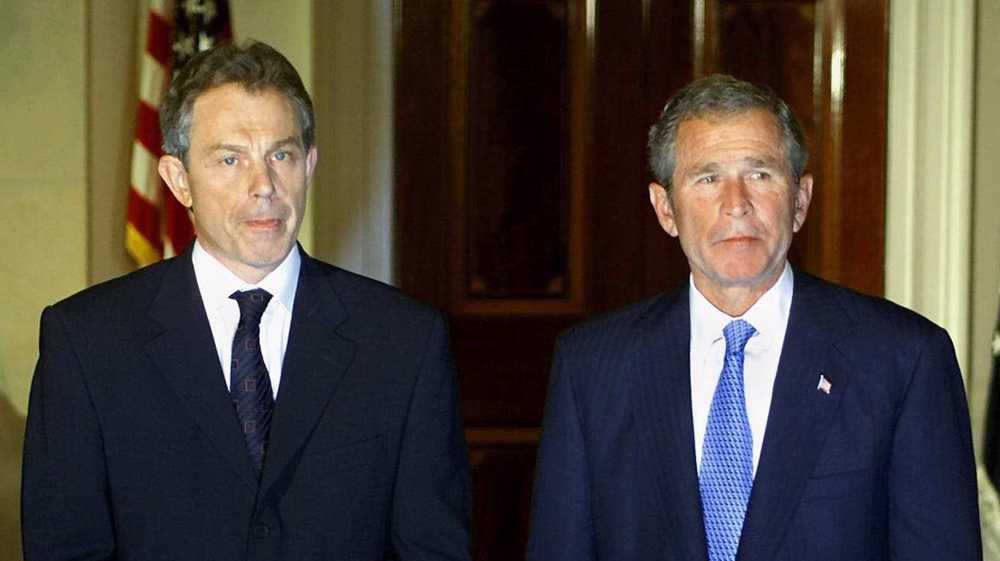Doubts rising about NHS efficiency
The death of a baby of blood poisoning following a chest infection has raised doubts about whether the UK’s National Health Service’s out of hours helping is able to identify serious illnesses in children.
Now some media reports say NHS 111 call handlers are not trained enough and a report on the 2014 death of William Mead, from Cornwall, said he might have lived if they had realized the seriousness of his condition.
Meanwhile, NHS England report said the doctors also failed to diagnose him.

The report said that if a medic had taken the final phone call, instead of an NHS 111 adviser using a computer system, they probably would have realized William's "cries as a child in distress" meant he needed urgent medical attention.
William's mother, Melissa Mead said doctors told her "not to worry" and NHS 111 said "it's nothing serious" before her son's death.
Twelve-month-old William, from Penryn, died on 14 December 2014.

"Everyone involved in this report is determined to make sure lessons are learned from William's death, so other families don't have to go through the same trauma. None of this detracts from our profound regret at the loss of William. For that loss, on behalf of all NHS organisations involved, I would like to apologize publicly to Mr and Mrs Mead," Lindsey Scott, director of nursing with NHS England in the South West, said.
The Health Secretary, Jeremy Hunt has accepted the recommendations of the NHS report offering a public apology to the family of William Mead.
He promised that lessons would be learned from the report. Labor accused the government of ignoring warnings about poor sepsis care a year before William died.
A political commentator, Nigel Flanagan based in Switzerland said that austerity is killing the NHS which in turns is killing people.
He said the results of the Conservatives’ austerity policies are becoming clear now in various files including medical field.
VIDEO | Paris pro-Palestine protesters call for stepping up aid to Gaza
VIDEO | Press TV's news headlines
VIDEO | Pro-Palestine rallies in Italy want end to Israel's genocidal policy
VIDEO | Israeli forces continue assault on Jenin for fifth day
VIDEO | Manchester demo demands release of jailed Palestine Action members
VIDEO | 'Conditions in Israeli prisons defy description'
Hamas believes West Bank to be ‘next’ theater of war between Israel, resistance
London hit by ‘shocking’ wave of Islamophobic hate crimes










 This makes it easy to access the Press TV website
This makes it easy to access the Press TV website